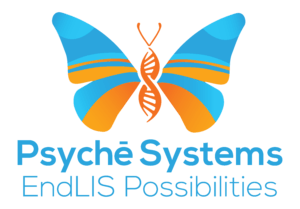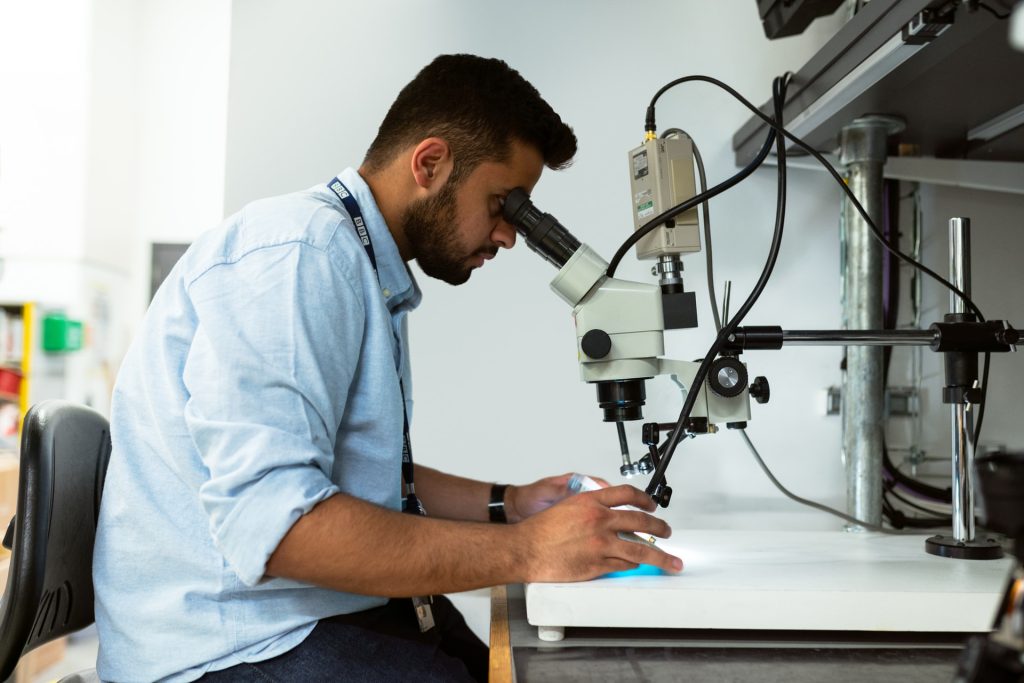Genealogy testing is a popular market to go into because many people are interested in learning where they came from. To decide if you should conduct DNA tests, determine whether you have the budget to pay for the necessary tools. Here are some notes on what ancestry testing is and which molecular genetics software your lab will need to accurately study DNA segments.
What Is Ancestry Testing?
Ancestry testing is a type of scientific testing offered when someone wants to learn about their family history. This genetic ancestry testing takes a deep dive into where your ancestors originated. Scientists will carefully examine the DNA to see how many patterns of variation it shares with people with different backgrounds. The more patterns of variation these scientists uncover, the more relations the patients have to certain people.
How Ancestry Testing Works
When the patient is ready for their ancestry test, they’ll attend a genetic consultation with their physician, a medical geneticist, or another medical professional. At this appointment, they’ll provide a DNA sample of their skin, hair, blood, or amniotic fluid, and then the DNA heads to a lab. At the lab, scientists will analyze the sample to identify certain changes in proteins, chromosomes, and DNA.
The scientists will use complex molecular genetics tools to closely review these samples. They’ll run different types of tests to help them provide accurate results of where the patient’s ancestors are from. They can also identify potential illnesses and diseases the patient may genetically be at risk for, and which traits they’re most likely to inherit.
Which Tools and Molecular Genetics Software Do You Need in Ancestry Testing?
If you’d like your startup lab to work in the genealogy testing market, make sure you have the right tools; they’ll help you conduct and deliver accurate tests to your patients. The main tools you’ll need to get started in the ancestry testing game include:
-
- Microscopes: Advanced microscopes allow you to more closely examine biological tissues and molecules. You can even consider investing in a microscope that takes pictures for your records.
- Polymerase Chain Reaction Machines: This tool lets you create copies of a certain DNA segment. You can also run various DNA tests and compare each one without harming your original segment.
- Medical Laboratory Software: There are many great molecular genetics tools that you can use to track specimens and handle workflows for your lab.
- Extension Modules: This tool makes it simple for your lab to communicate with your clients. You can easily attach documents or direct order forms. These will help to efficiently share and receive important information with patients, other labs, or physicians.
Drafting Your Laboratory’s Business Plan
If you’d like to conduct DNA tests at your startup, consider inputting this in your business plan. You should detail what service your genealogy testing lab will provide and how it will benefit patients. Determine if your business will offer walk-in services that cater directly to patients, or if doctors and patients will send samples to your lab for you to test and send back.
There are also several different types of DNA tests that laboratories can offer. So, you’ll also need to think about which you’ll provide. Some companies also conduct DNA tests for both corporate and government agencies. You should decide which one you’d prefer to work directly for, or if your lab will simply cater to both.
Having the Necessary Funding for Your Molecular Genetics Software
Whether you’re beginning your startup lab from scratch, or you’re expanding it to offer DNA testing in addition to your other laboratory services, you need to figure out how you’ll pay for it. As mentioned earlier, there are many equipment items and additional tools you’ll need to successfully operate as a DNA lab. You can obtain funds for these tools either out of your own pocket, through an investor, or with a business loan.
You can conduct online research to find potential funding opportunities for your lab. Visit banks online or in person to learn more about the types of loans they have available. Another great option is to visit the Small Business Administration website to learn which loans are offered in your area. There may even be loans available that are specific to laboratories and research opportunities.
Pick Your Location and Apply for Permits
Your startup will need a site for you to successfully operate out of if you haven’t found one already. If you already rent out space for your startup lab and plan to expand it to offer DNA testing services, measure it to make sure it’ll comfortably store your new equipment and employees. If it doesn’t have enough room to hold everything, consider finding a way to expand it or start looking for a new space to move into.
When you have your location picked out, make sure you have all the permits needed to successfully run a DNA testing lab. Your lab will need inspections to ensure it’s following the necessary codes and regulations to be accredited as an official testing lab. Check with your state’s department of health to determine which tests and inspections you’ll need to undergo.
To become an official and credible testing center, contact different accrediting agencies, like the American Association of Blood Banks and the College of American Pathologists, to learn the specifics regarding what materials you need and which tests to take.
Using Molecular Genetics Software to Find DNA Results
It’s very doable for startup labs to conduct DNA tests if you invest in the right equipment. The greater the budget you build for your equipment, the more you can innovate and improve your lab. This can also allow you to conduct more advanced experiments for businesses, individuals, and medical facilities. Contact us today to learn which medical lab tools are the best for you and your team to pursue.


